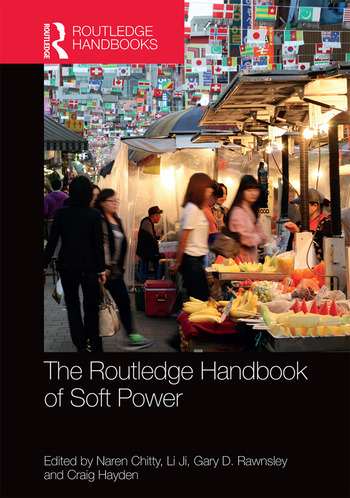About SPARC
What is Soft Power?Joseph S. Nye Jr. defined soft power (a term he coined) as the power of attraction. It can be expressed in terms of the most attractive and compelling characteristics of countries and cultures; that which captivates others without coercion or inducement. It is generated by perceived virtuous behaviour and virtuosity of crafting attractive tangible and intangible artefacts. These include products of individuals, institutions and communities - heritage and contemporary. Among the ways it is projected are media, cultural industries and mobility.(Chitty 2017: 19-29) Soft power is constituted inter alia by individual, institutional, cultural and place magnetism. This magnetism is soft power. Magnets such as cultural products, constitutions, cities, museums, media, education and values, are among the many soft power resources.
|
About SPARC
A group of scholars at Macquarie University formed the Soft Power Research Group in 2011 to develop and run a research project that was funded by DFAT's Australia-China Institute the ABC.
SPARC has subsequently attracted over $1,100,000 in HERDC Category 3 International B research funding dedicated to soft power research. It has conducted research into soft power leading to publications; edited books and book series on soft power; hosted visiting scholars; run workshops and soft power orations. Among the major theory-developing publications is The Routledge Handbook of Soft power First Edition of which Naren Chitty was the lead co-editor.
Focus groups in a SPARC-funded research project on 'soft power, diasporas and migration' were completed at the end of February 2022 and analysis is being conducted. A chapter and articles are expected to arise from this research.
The MS for the Second Edition of The Routledge Handbook of Soft power is expected to be sent to the publisher by year's end.
Aims of SPARC
- Pursue a broad agenda of research and analysis to develop new theories and debate around models for soft power and public diplomacy.
- Develop affiliations and strategic partnerships with key national and international organisations spanning the public and private sector, government agencies and select academic institutions.
Outreach
Projects under the SPARC aegis will encompass the following types of engagement - Diasporic; Research; Education; Arts and Culture; and Media - spelling DREAM. These projects will have the intention of contributing positively to the way in which the different parties see each other.
Multi-disciplinary focus
The fields represented in the original Soft Power Research Group include geography; communication; law; museum studies; international relations; and sociology. The current soft power, diasporas and migration research team includes researchers drawn from the fields of communication, international relations, linguistics and security studies.

